
OR
Editorial
New Govt’s Commitment to Curb Corruption
Published On: January 17, 2023 08:00 AM NPT By: Republica | @RepublicaNepal
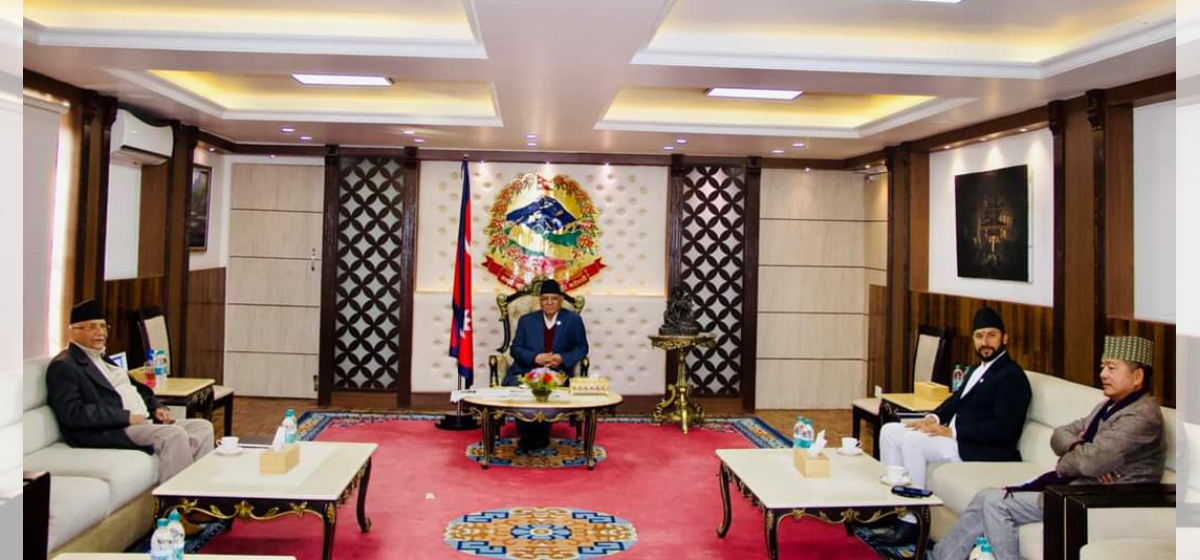
It goes without saying that corruption is a major problem in Nepal that has undermined the country’s social, economic and political development. Despite efforts to address corruption, it continues to thrive and undermine public trust in government institutions. The fight against corruption requires a concerted effort from all sectors of society and has to be supported by legal and institutional measures. But most importantly, it requires political will. Political will is the determination and commitment of leaders to take action against corruption. Without political will, efforts to curb corruption will be weak and ineffective. It can be said without any doubt that the lack of political will to check corruption has been the major reason why corruption has flourished in Nepal, increasing by leaps and bounds, especially over the past few decades. Political will is vital to the success of anti-corruption efforts because it is the leaders who have the power to create and implement policies and laws that will combat corruption. They also have the power to hold corrupt officials accountable and to create an environment in which corruption is not tolerable. Though it is common sense that political will alone is not enough to control corruption and that there also needs to be a strong legal framework in place that provides for prosecution of corrupt officials and the recovery of the stolen assets, without political will not much can be done to curb corruption and promote transparency and accountability in government operations. Additionally, political will is needed to create and maintain a culture of integrity and civic responsibility within government and society as a whole. Therefore, political will is a key driver of the fight against corruption.
Against this backdrop, it should be taken positively that the new coalition government, while making public its 21-point common minimum program (CMP) early last week, laid special emphasis on curbing corruption. The CMP which was unveiled on January 9 by Deputy Prime Minister and Finance Minister Bishnu Paudel in the presence of Prime Minister Pushpa Kamal Dahal has made curbing corruption one of its major priorities. The document has made commitment to probe “corruption committed in any period of history” by forming “a powerful commission.” The commitment expressed in the new government’s CMP to curb corruption is an acknowledgement of the fact that political will is essential for effectively combating corruption. That efforts to address corruption are likely to be ineffective without strong leadership and a commitment to transparency and accountability. That political will is needed to create and implement laws and policies that deter corruption, as well as to enforce those laws and hold corrupt officials accountable.
However, there are a few issues which make the new government’s commitment to curb corruption questionable. Ironically, Finance Minister Bishnu Paudel who unveiled the new coalition government’s CPM public himself faces charges of corruption in the infamous Lalita Niwas land grab scam! Similarly, Prime Minister Dahal in whose presence Finance Minister Paudel unveiled the CMP himself faces charges of corruption and embezzlement in the distribution of salaries and allowances to the then Maoist combatants when the latter were housed in different cantonments across the country until 2012. In fact, both the Lalita Niwas land grab scam and the Maoist cantonment scam represent two of the biggest corruption scams in the country. And neither of the two leaders has furnished a satisfactory and acceptable explanation that would prove them innocent in these corruption cases. Therefore, the relevance of the latest commitment to curb corruption made at the highest political level through the new government’s CMP has to be viewed in the light of these two huge examples of corruption and financial embezzlement in the country. And obviously, that does not make us very optimistic about curbing corruption in the country. Also, why form another commission and create a financial burden on the state coffers when there already exists the constitutional watchdog against corruption – the Commission for the Investigation of Abuse of Authority (CIAA)? Why not change the provision in the CIAA Act that prevents it from investigating the decisions taken by the Council of Ministers and give it more teeth to fight against corruption? The fact that these questions have been ignored gives rise to a few other questions; does that mean the political commitment made in the new government’s CMP to curb corruption is nothing but eyewash? Nothing but a political stunt aimed at diverting the people’s attention? Nothing but just formality? Only time will answer these questions. But, for the time being, let’s hope for the best!
You May Like This

Awakening Nepal: A Stark Warning
In the land of the Himalayas, where the majestic peaks have long symbolized the heights of human potential, Nepal finds... Read More...
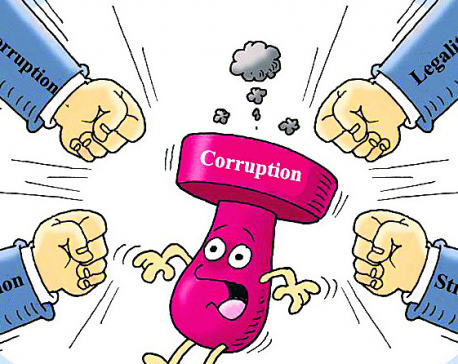
Nepal’s Corruption Crisis
The onus also lies on the ordinary citizens to end the corruption. All citizens should demand accountability and transparency from... Read More...
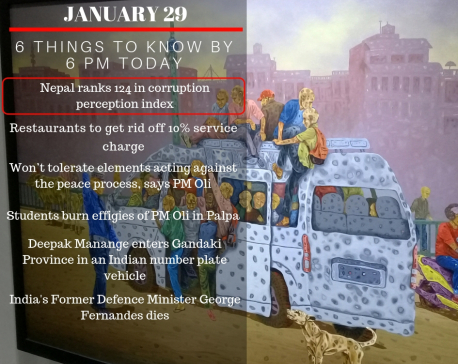
JAN 29: 6 things to know by 6 PM today
Your daily dose of missed important news of the day. ... Read More...





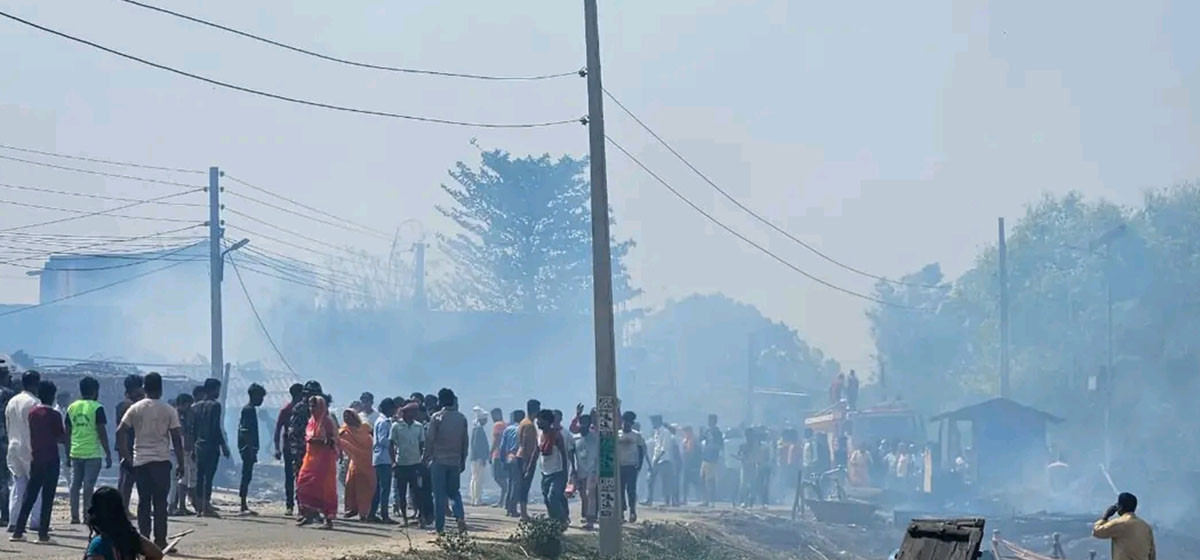
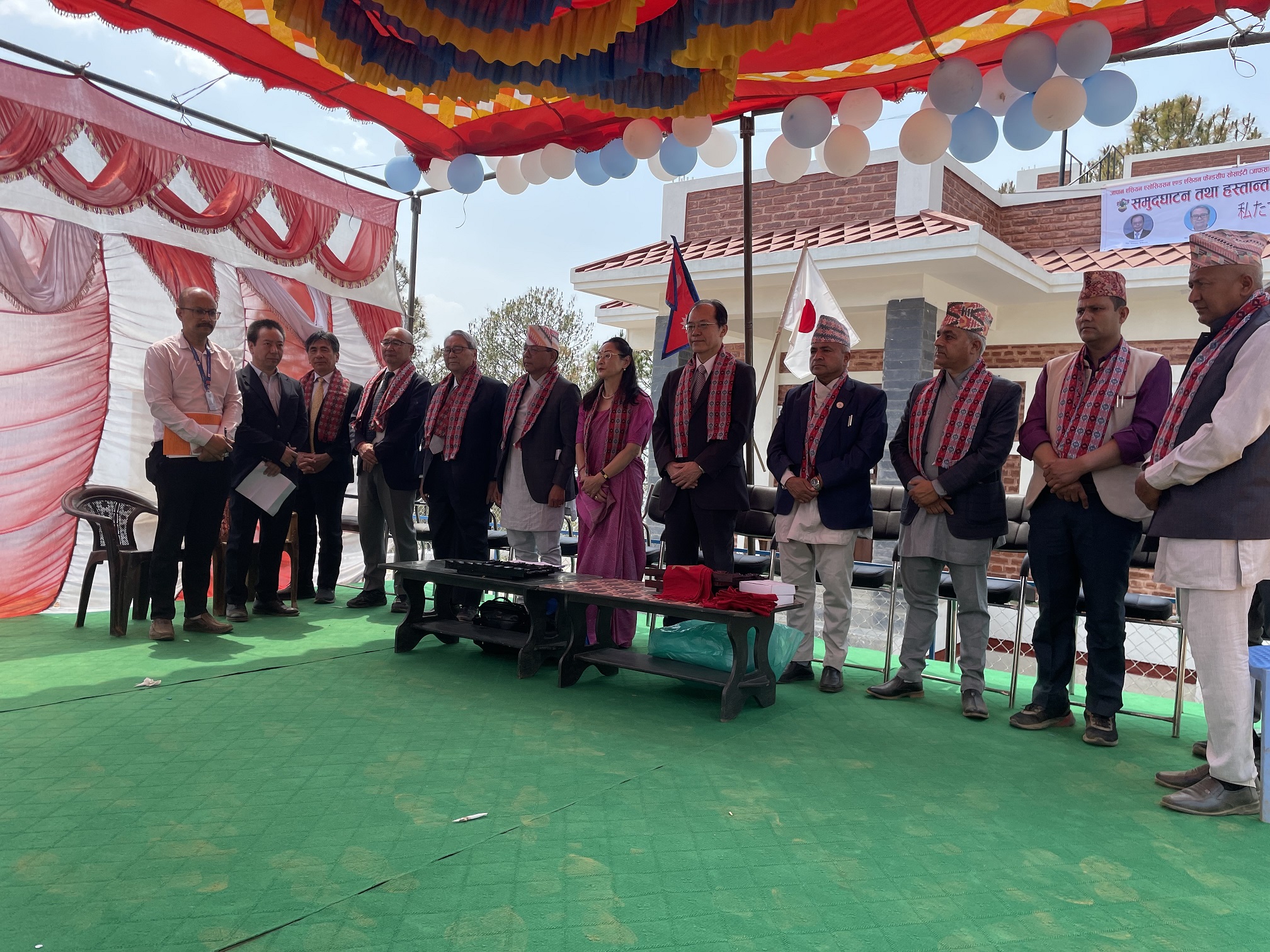
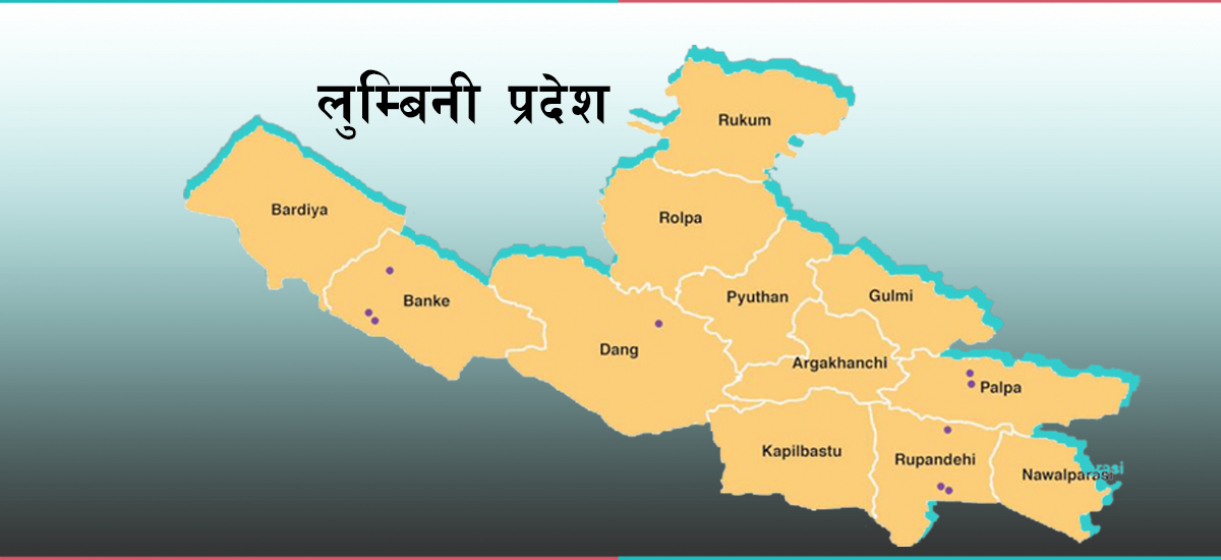
Just In
- Patan High Court issues short-term interim order to halt selection process of NTB’s CEO
- NEPSE inches up 0.15 points; daily turnover increases to Rs 2.53 billion
- Bagmati Govt mandates tri-lingual signboards in offices
- Inferno destroys 70 houses in Mahottari
- Health ministry urges precaution against heatwave
- Jhapa road mishap update: Three deceased identified
- Japan hands over Community Center for Disaster Prevention to Indrawati Rural Municipality
- Lumbini: Seven ministers gain portfolios











Leave A Comment